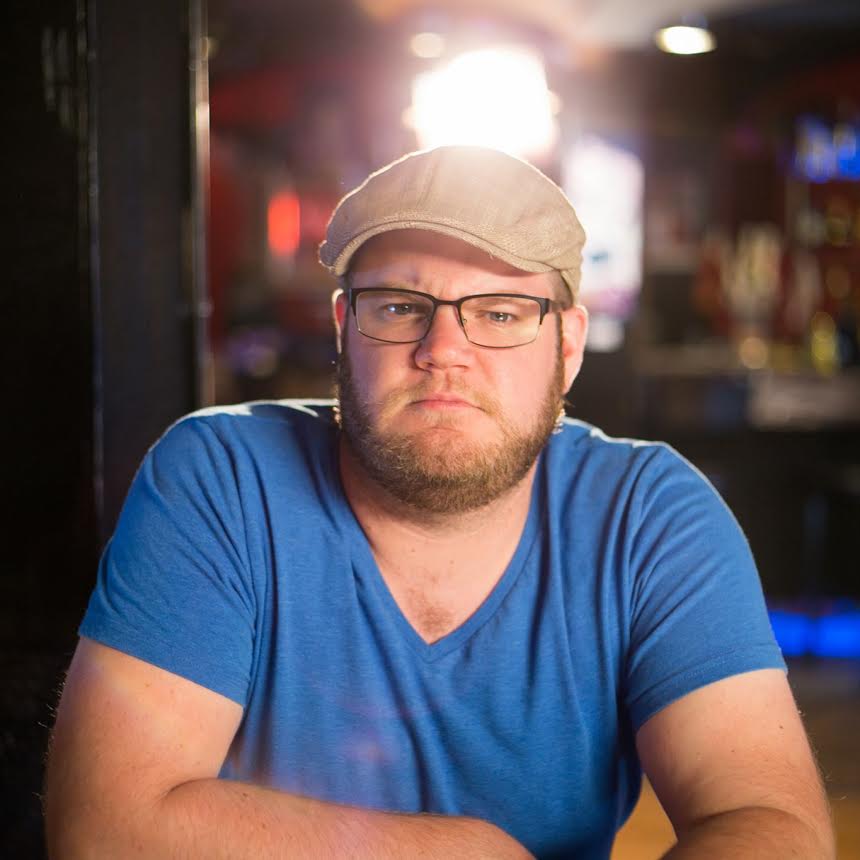There is an absurdly vast selection of music movies and documentaries available on Netflix, Hulu, HBO Go, and on and on and on. But it’s hard to tell which ones are actually worth your 100 minutes. Watch the Tunes will help you pick what music doc is worth your time every weekend. This week’s edition covers Danny Says, which is currently streaming on Netflix.
It’s been a little over a year since the TV show Vinyl premiered on HBO. Produced by Martin Scorsese, the show was about Richie Finestra, a guy who owned a record label in New York City in the mid-seventies that, despite Finestra’s golden ear, was struggling financially. Glam and garage were on the upswing and the seeds of what would become punk rock had been planted. Vinyl only lasted one season, but I was rooting for it right up to the moment word came out that there would be no second season. I was rooting for it for the same reason I loved Danny Says, the film we’re going to be looking at this week.
Early on, John Cameron Mitchell, Hedwig himself (of Angry Inch fame), refers to Danny Fields as a “handmaiden to the gods” and a ”midwife to some of the most important people in music” and that’s about as good a description as you’re going to get about what Fields meant to the bands and musicians whose lives he touched. The various hats that Fields has worn across his decades long career include manager, publicist, and journalist, but it’s practically impossible to pin his influence down to any one of those titles. His fingerprints are all over the history of rock music, but the impressions are seemingly faint enough that it’d be tough to convince a jury, beyond the shadow of a doubt, that he was at the scene of the crime.
It’s both fitting and frustrating that director Brendan Toller replicates Fields’s sleepy raconteur's storytelling style in pacing the movie out. Here’s a guy who convinced Elektra to release the Doors’ “Light My Fire” as a single, signed the MC5 with a single phone call, gave Iggy Pop his first taste of cocaine, and was the first person to play the Ramones for Lou Reed, and yet he’s somehow one of the most subdued and leisurely motherfuckers I’ve seen in any documentary ever. Fields is also oddly humble, a virtue that served him well as a publicist but makes it that much harder to hang a whole documentary on his shoulders. Pretty much anyone would be overjoyed to have been as involved as he was with so many moments in music history, but he only grudgingly takes credit for some of his biggest contributions.
Like Vinyl’s Finestra, Fields’s ability to navigate the various levels of the music industry is in some sort of rarified air, but Fields was afflicted with a certain breed of restlessness that pushed him to stay in constant motion. Documentaries about executives are going to be a tough sell since they’re about people who live for wringing money out of the acts that they promote, but not so with Fields. He could have worked his way upwards most likely, and this is not to say he hasn’t ended up with a comfortable enough life, but he opted to follow his passion for not just bands and musicians, but the scenes around the sounds. “That’s what motivates me... to be in the right crowd,” Fields admits late in the film. He got his start in New York in the sixties as a member of Andy Warhol’s Factory after all, which also likely influenced his cucumber-cool demeanor.
An unexpected pleasure of Danny Says is the catty way that it delivers the gossipy juiciness of Fields’s hot takes. Aerosmith? “I hated them as people and I didn’t love them as anything.” The Beatles? “I didn’t love them that much, but I loved them more than Jesus.” And the way he mocks Edgar Winter’s “Frankenstein” riff, which he made a boatload of money off of naturally, needs to be heard to be truly appreciated. So many moments feel like live action blind items, but Fields is more than happy to come at them heads up and name names. It’s all the more fitting when you find out that Fields basically bookended his career as a publicist by worked at not one but two different teen magazines. At both publications he gleefully warped the psyches of America’s youth by putting Alice Cooper and David Bowie in the same pages as boytoys from the Brady Bunch and the Partridge Family.
While Danny Says might not bust down any big doors in the increasingly cluttered list of online rock doc offerings, it’s a fun look at the world of punk and glam through a new vantage point. The movie suffers a bit since Fields is such an unassuming host for this tour through his life’s story, occasionally coming off outright uncomfortable with his role here as the center of attention, but the low-energy delivery makes sense in the long view.
Chris Lay is a freelance writer, archivist, and record store clerk living in Madison, WI. The very first CD he bought for himself was the Dumb & Dumber soundtrack when he was twelve and things only got better from there.
Join the Club!
Join Now, Starting at $44Exclusive 15% Off for Teachers, Students, Military members, Healthcare professionals & First Responders - Get Verified!









